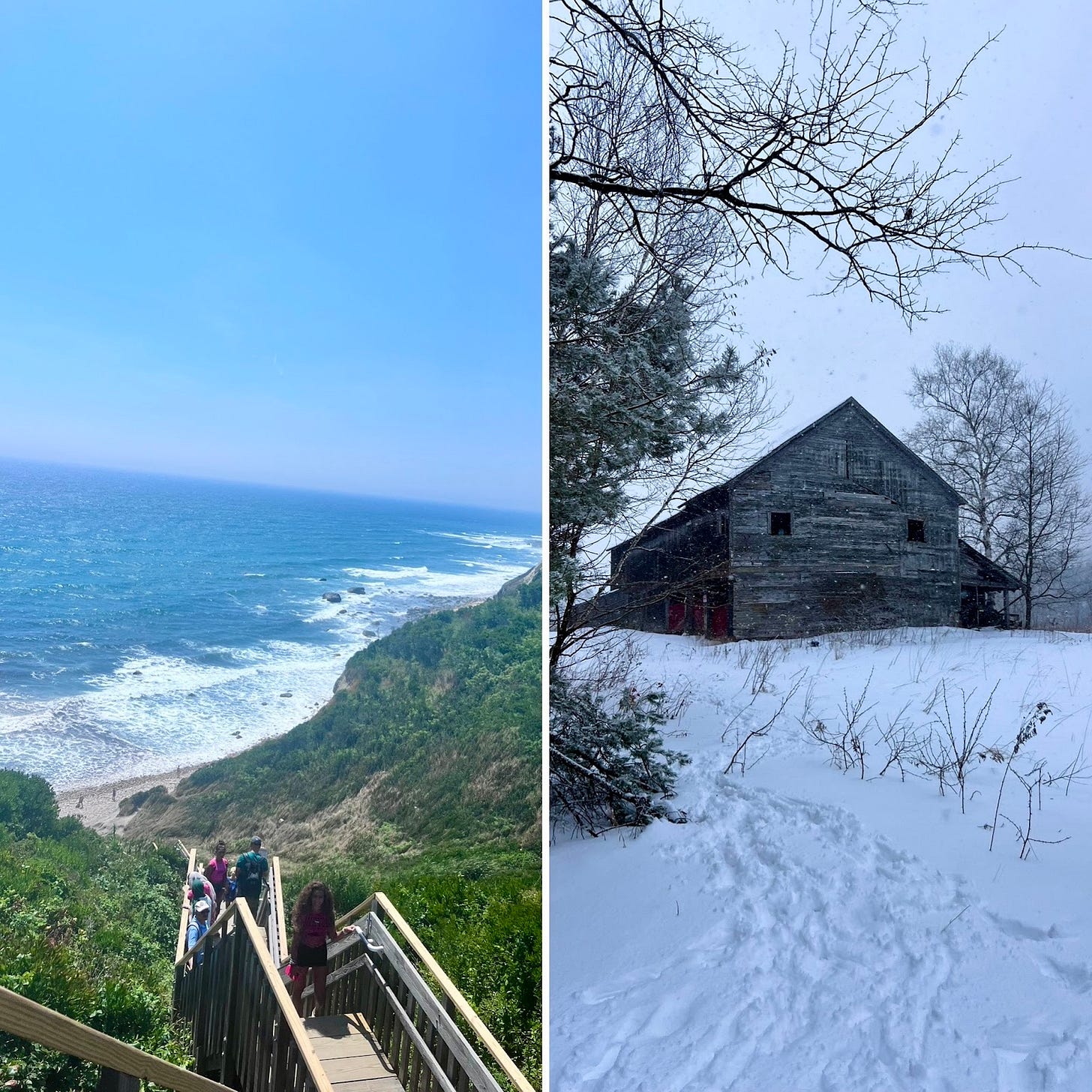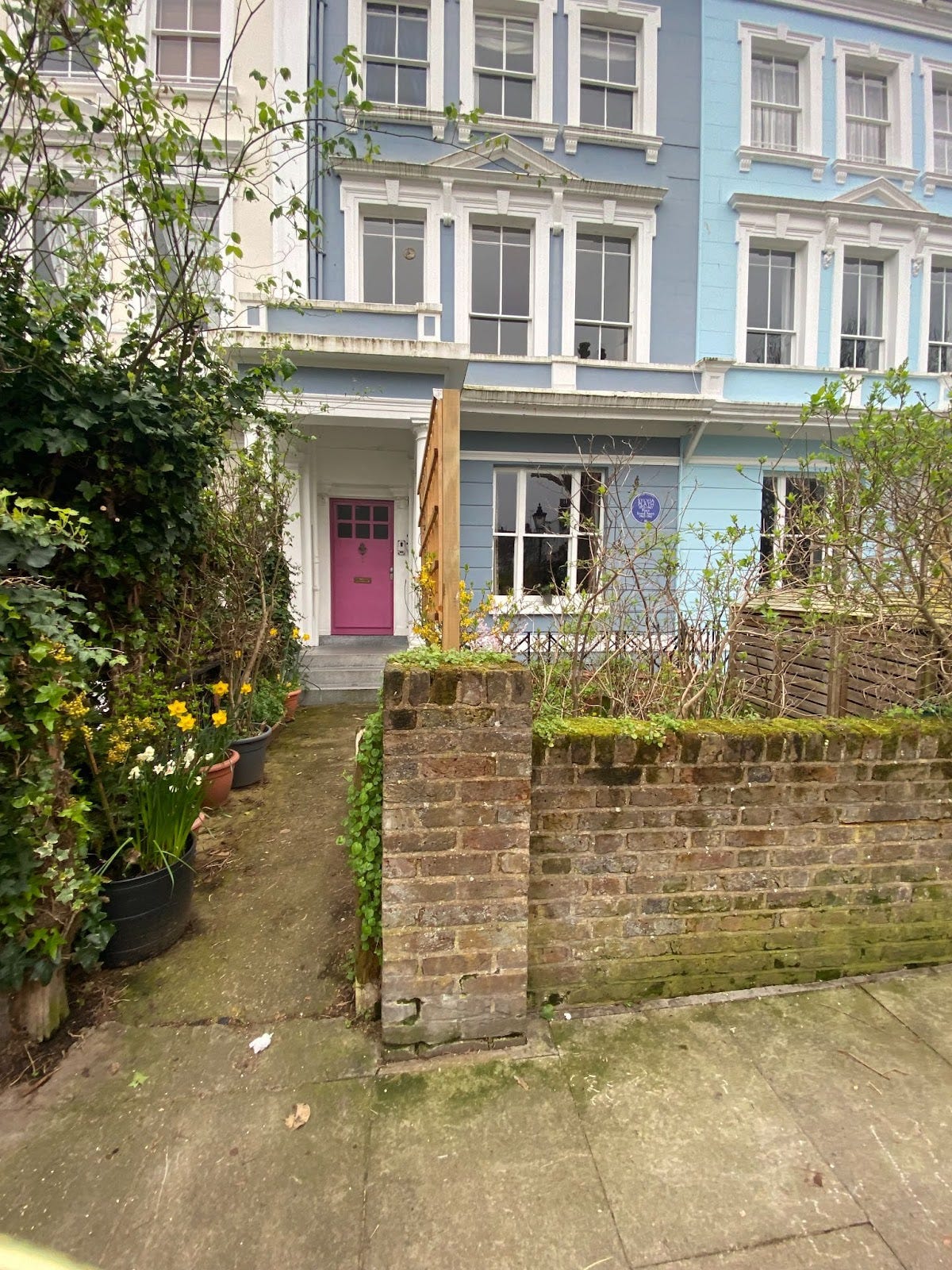Book Talk
What does it take to write a book? What kind of research do authors do? This week, our Debutantes share their experiences doing research for their upcoming debut books, launching in 2025.
C.I. Jerez, AT THE ISLAND’S EDGE (March 18, 2025)
I am so excited to highlight an upcoming research trip! I will be traveling to Havana, Cuba, soon to help me understand the feel of the island as it’s a significant part of my upcoming novel. While I am doing extensive research through books and film to ensure I most accurately capture the history and practices of a foreign country, actually visiting the location provides an extra layer of familiarity and understanding. I’ve always believed specificity and details in fiction are the keys to bringing a scene to life. Getting to spend a week in a city I’m describing will help me incorporate facets of the location that I may not have thought to include otherwise. This is why visiting the location and ensuring I’ve got my trust journal with me at all times is key!
Catalina Margulis, AGAIN, ONLY MORE LIKE YOU (April 29, 2025)
Part of the fun of writing AGAIN, ONLY MORE LIKE YOU, was getting to travel to places in my mind—especially in the dead of a Canadian winter, which is when I first drafted these scenes. Many of the locations I’ve travelled to or lived in (including Maine, New York and Paris). Some of them I had to wholly rely on Google for (Portland Oregon and Koh Samui). Fortunately, I have a friend in Portland I could fact-check those scenes with, and it’s been many years now but I believe I fact-checked Koh Samui ages ago with wedding event planners at various hotels there. Probably the trickiest bit was fact-checking Carmen’s commute between her New Jersey home and her Manhattan job, and the different routes she might take depending on the time of day and traffic. Thank goodness for Chat GPT for that, which acted like my GPS might if I were actually in the car with her!
(Some books I used in research for Somewhere Past the End.)
Alexandria Faulkenbury, SOMEWHERE PAST THE END (May 20, 2025)
I read so many books on cults and cult thinking when I was researching my first book. My local librarian may have been a little concerned about my checkout history. Some that really stuck with me were Unfollow: A Journey from Hate to Hope, Cultish: The Language of Fanaticism, and The Road to Jonestown: Jim Jones and the People’s Temple. I also incorporated some experiences I’d had or friends had experienced with high control religion or bad faith leaders. My current manuscript involves a heart transplant, and I’ve been reading everything I can on the process. My librarian may have a whole new set of worries now!
Block Island, RI Andover, VT
Kristin Offiler, THE HOUSEWARMING (July 29, 2025)
As a lifelong New Englander and a writer who obsesses over settings, I find myself drawn to writing about this region in my novels. My debut, THE HOUSEWARMING, is set in the summer on Block Island, a stunning little island about 12 miles off the Rhode Island coast. I’ve been there countless times but made a special trip right after I signed with my agent to ensure I nailed the sensory details in my rewrite. It was a good thing I went when I did because that trip alerted me to a geographic error I’d made in my story! My current WIP is set in Vermont in the winter, and while I haven’t made a trip up there solely for book research, I have gone three times in the last year for other reasons and baked some setting research into those visits. I love how in-person setting research–even if it’s just walking around a cute town and imagining my protagonist in that setting–completely energizes me to get back to the page!
(The house in London where Sylvia Plath lived.)
Penny Zang, DOLL PARTS (August 26, 2025)
Most of my research includes trips to the library, large stacks of books, and an obsessive feeling of falling down a rabbit hole. For DOLL PARTS, I read everything I could about Sylvia Plath. One biography led to another biography, not to mention her journals and letters. Very little of that information actually made it into the novel, since it’s fiction. It did, however, have the effect of feeling like Plath’s life was haunting my story in some very literal ways. It wasn’t until after my book deal that I was able to travel to London and see two houses where Plath lived. Even though it wasn’t part of my initial research, I kept it in mind as I worked through revisions with my editor.
Emily Krempholtz, VIOLET THISTLEWAITE IS NOT A VILLAIN ANYMORE (November 18, 2025)
I already have a bazillion houseplants and love to garden, but my main character is a florist, so for VIOLET THISTLEWAITE IS NOT A VILLAIN ANYMORE, I taught myself a lot about flower arranging (much of which was never even needed for the book but was a lot of fun to learn anyway). The biggest piece of research I had to do for this book, however, was a lot more scientific than I’m used to. The world where Violet is set has three moons, and I went down a lot of research rabbit holes learning about the effects that three lunar bodies would have on a planet’s tidal systems and tectonic stability. I built spreadsheets to experiment with the lengths of each moon’s lunar cycle and how frequently certain events (like all three moons being full at once, for example) might occur. I also researched some of the archetypes and history behind astrological storytelling so I could build my own astrology system and mythological lore. In the end, the world I built is based on a combination of actual physics as well as some hand-wavey “Shhh, it’s magic” logic. So much of it never even appears in the book, but as a result of my research, the moons (and the goddesses they each represent) are intrinsically woven into the fabric of the world and the way that people in it live their lives.
Gloria Huang, KAYA OF THE OCEAN (January 7, 2025)
In KAYA OF THE OCEAN, a Chinese mythological water goddess named Mazu plays an important role in the plot and narrative of the book. While her role in Kaya’s life and story is, of course, fictionalized, Mazu is a real goddess who is still worshipped to this day, especially by fishermen in coastal towns and villages. I spent a lot of time researching different stories and accounts of Mazu’s lore, both in written treatises (in books and online), but also through word-of-mouth beliefs passed down in my own family. (In fact, I first heard about Mazu from my father when I was younger, and Mazu stayed in my mind until I was able to fold her into Kaya’s story. She was definitely one of the inspirations for the book altogether.) In KAYA OF THE OCEAN, Kaya and her friends embark on their own research mission, and it was exciting for me, as the author, to braid together some of what I had learned through my research with this fictionalized story.









Hoping to travel for research one day, so I love hearing about others' travels!